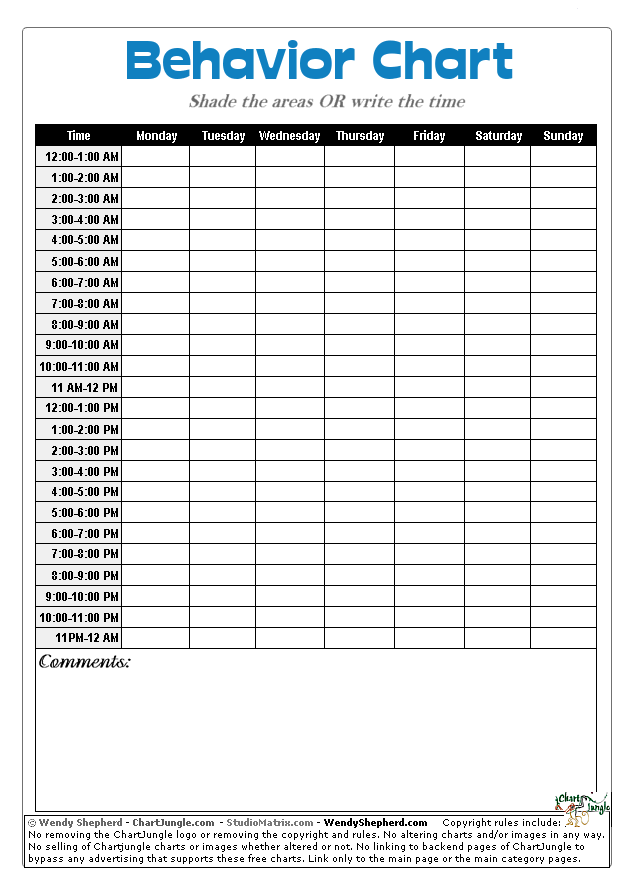

Provide a comfortable, sleep-friendly environment. To encourage sleeping through the night as much as possible, consider the following: Until then, puppies may wake up with an urge to go out more than once a night. By 4-5 months, most puppies are able to get a good night’s sleep without having to use the bathroom. When trying to help a pup sleep through the night, remember that bathroom habits are a big factor in when and how often he wakes up. How do I help my puppy sleep through the night? It’s not uncommon for a puppy to fall asleep right after playing, eating, or visiting with other people and animals. The more excitement and stimulation a puppy experiences, the more sleep he might need. More frequent nap times in puppies are likely caused by the hard work of growing, learning new skills, and adapting to the life of a well-cared-for and loved family dog. Adult dogs may nap for up to 3 hours total during the day, depending on their age and activity level. Napping during the day is near constant in puppies less than 2 weeks of age and averages around 3.5 hours spread out in multiple naps throughout the day in older puppies (i.e. Adult dogs tend to sleep longer at night, with short naps during the day, whereas puppies tend to nap more and for longer periods during the day and sleep less at night. While the total amount of sleep for older puppies and adults seems roughly the same, keep in mind that naps are a bigger portion of a puppy’s sleep schedule. The average 4-month-old puppy sleeps a little over 11 hours in a 24-hour period, and the average adult sleeps 10-11 hours in a 24-hour period. As a veterinarian, I have had more than one little pup fall asleep on the exam table during a puppy checkup.Īs puppies get older, they sleep less.

That’s almost 22 hours out of a 24-hour period. Very young puppies (less than 2 weeks old) sleep around 90% of the time. As with human babies, puppies need quite a bit more sleep than adult dogs.


 0 kommentar(er)
0 kommentar(er)
